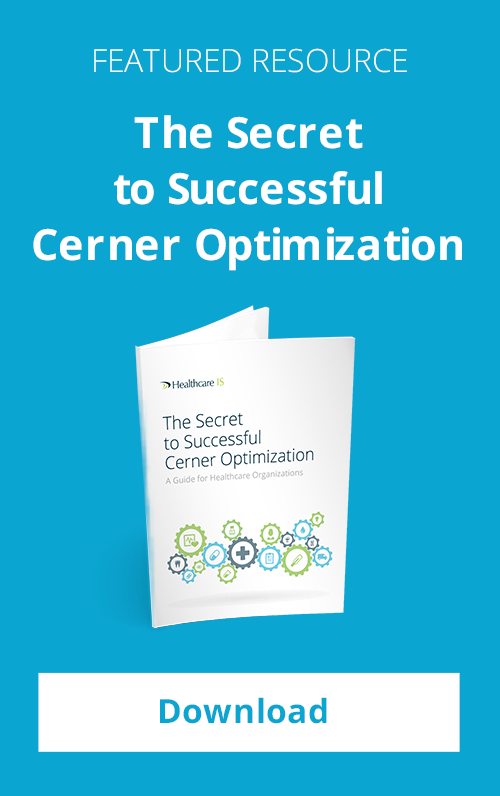In my last post, I talked about the concept of a candidate being “deliverable.” From a hiring manager’s perspective, a candidate being deliverable translates to the likelihood of a prospective candidate accepting your offer. A candidate may have a low level of deliverability for one position but a very high level for another.
Some people reached out to me after the last post, making the point that “money isn’t everything.” I agreed with them 100% and told them that my last post was misinterpreted. The likelihood of someone accepting an offer, should one be extended, has to do with how a candidate interprets everything an organization has to offer in relation to what he or she is looking for in a career move.
In order to predict deliverability, you have to be very aware of three things: First, what does your organization have to offer? Second, what does the specific position you’re trying to fill have to offer? Third, what are the types of people who would be attracted to the specifics of that position? This last criterion is the most important, because it tells you, as a hiring manager, who you’re really looking for. Lastly, you need tools and techniques to be able to determine if the people you’re interviewing will find your organization and position a good match.
Generally speaking, when making career decisions, candidates evaluate opportunities in six broad categories:
Challenge: This is the degree to which the candidate will feel challenged in the position. The question here becomes, “How do you find someone who’s qualified to do the job without having them do the same job they’ve been doing for an extended period of time?”
Location: The position’s location can range from whether or not someone is willing to relocate to daily commute length.
Advancement: This comes in two forms: 1) the ability to advance into positions within an organization, 2) increasing one’s overall knowledge and experience within the same position.
Money: This is different for everyone, but it covers salary, bonus potential, and the variety of benefits that can be offered.
People: This includes organization culture, but more specifically with whom the candidate will be working and for whom they’ll be working. Studies have shown that the likelihood of candidates accepting a position is directly proportionate to how they anticipate their relationship with the person for whom they’ll be working.
Security: This is directly tied to the stability of the organization as well as the position. Given the number of layoffs that have taken place over the last two years, this is an important factor in today’s marketplace.
In most cases there’s not going to be much flexibility as it relates to your organization’s people/culture and location. However, most organizations have “little” to “some” flexibility in terms of compensation.
Knowing your organization, and what the positions have to offer in each of these areas before you begin the hiring process, will give you a much better idea of the type of person you should be targeting with your efforts.
You may also like: Yes, They Are Qualified, But Are They Deliverable? Part I


Comments